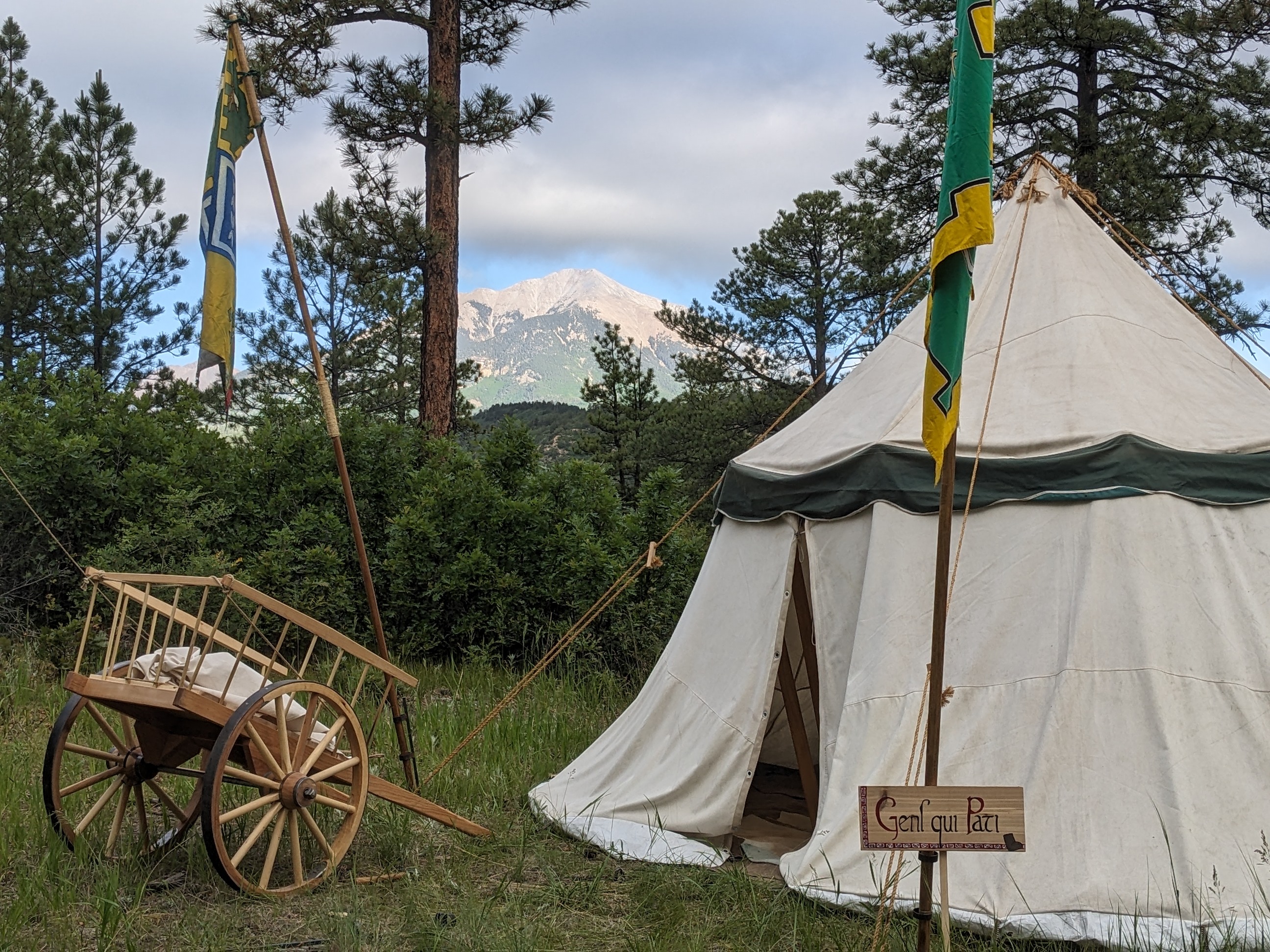The book Ordinary Men is an apt read these days.
Reading various posts and articles (from both the objecting citizen and responsible agent) relating to support or abuse of individuals participating in otherwise civil liberty-infringing or otherwise ethically questionable actions, it seems like we’re toying with the gray area in which people seem to accept the Nuremberg defense.
Given that there seems to be a public distinction in guilt between individuals carrying out the orders of their superiors and the policy made by ranking officials, I can’t help but be reminded of a powerful book I read a while ago. The book is Ordinary Men and recounts just how absolutely mundane the members of the 101st reserve police battalion really were, despite committing heinous atrocities between 1942 and 1944. The book was produced primarily from investigation and prosecution of the battalion members during the 60’s.
The policemen of the battalion:
[quote]About 63 percent were of working-class background, but few were skilled laborers. The majority of them held typical Hamburg working-class jobs: dock workers and truck drivers were most numerous, but there were also many warehouse and construction workers, machine operator, seamen and waiters. About 35 percent were lower-middle-class, virtually all of them white-collar workers. Three quarters were in sales of some sort; the other one-quarter performed various office jobs, in both the government and private sector… The average age of the men was thirty-nine; over half were between thirty-seven and forty-two, a group considered too old for the army but most heavily conscripted for reserve police duty after September 1939.
Among the rank and file policemen, about 25 percent … were [Nazi] Party members in 1942.[/quote]
These ordinary reservists – not the SS, not even party-affiliated Nazi’s – were responsible for the direct execution at gunpoint of a minimum of 38,000 unarmed Jews in Poland over the span of two years. The most striking statement in the book is that when presented with the option of participating in the executions or being reassigned without repercussion, none accepted the offer.
Certainly, I draw a line between the actions of the policemen and those of, for instance, the TSA TSO’s or US soldiers, marines, airmen and sailors, but I do not draw a line between the ethical and civil responsibilities that each person has. The distinction between – in the case of the TSA policy – what amounts to the government-sanctioned molestation of travelers and the TSA TSO performing it, is absurd. The ethical and civil boundaries which are crossed in the implementation of the ‘enhanced pat-down’ which require parents to tell their children “No one can touch you there, except the strangers at the airport” should be enough to elicit a universal boycott from the agents of the TSA.
I find my concern as a student of History not in a lack of condemnation of genocide, but in the lack of personal ethical assertion. As preposterous as it may seem, there is only a slippery slope between the “I’m just doing my job” of government-sanctioned molestation in the name of security and far worse actions made acceptable by assertions of ‘security.’ As Benjamin Franklin so aptly placed, [quote]They who can give up essential liberty to obtain a little temporary safety, deserve neither liberty nor safety.[/quote]





